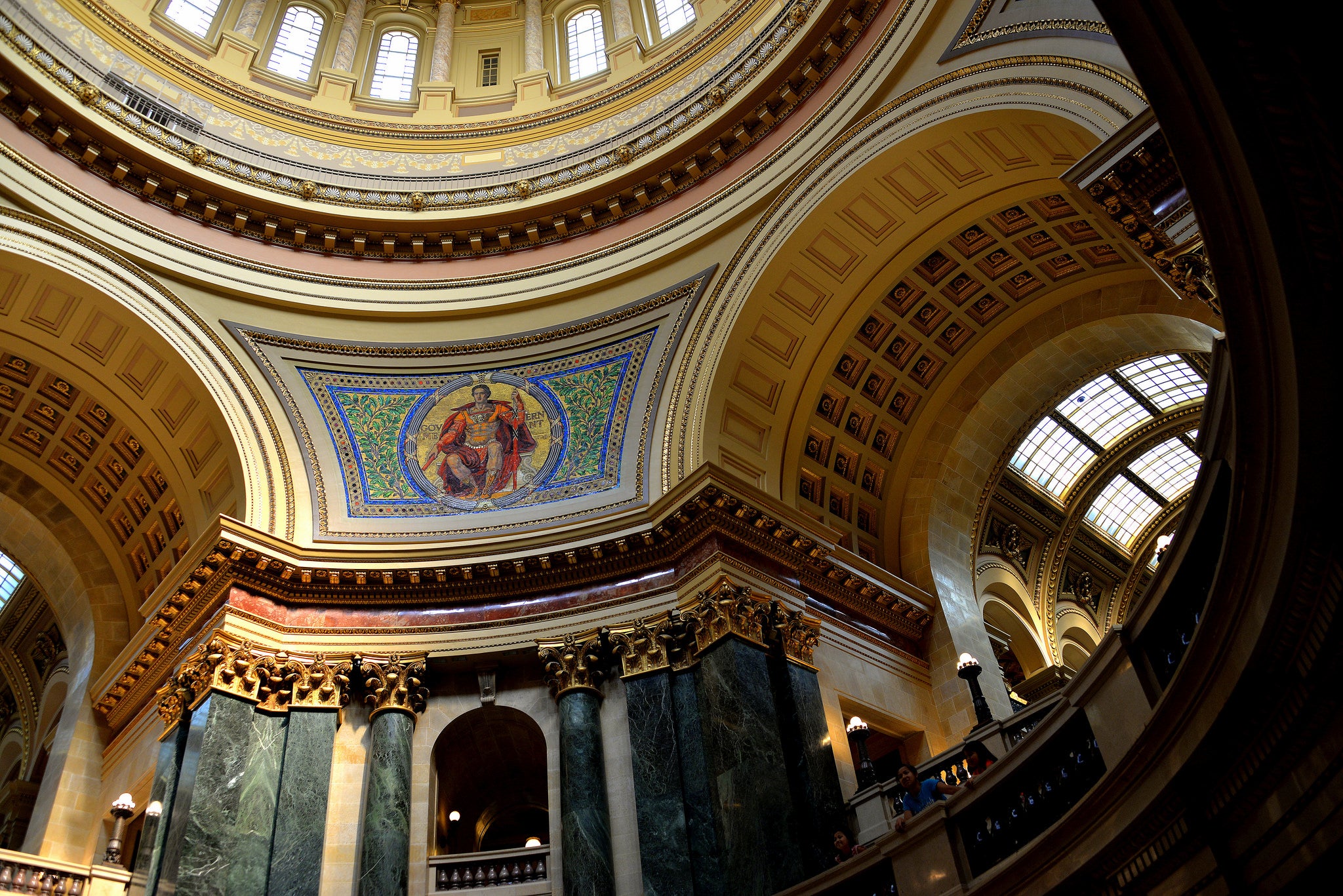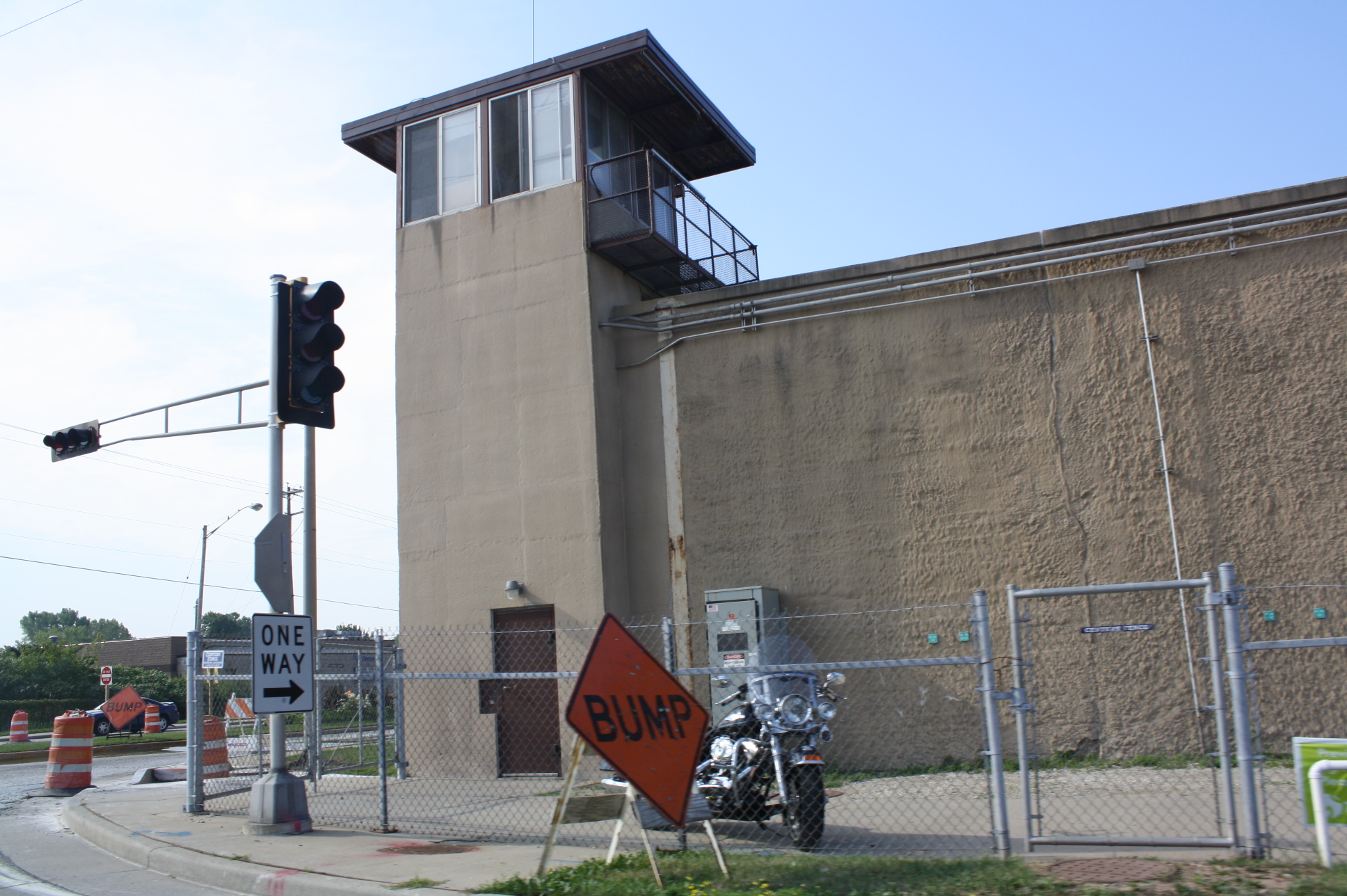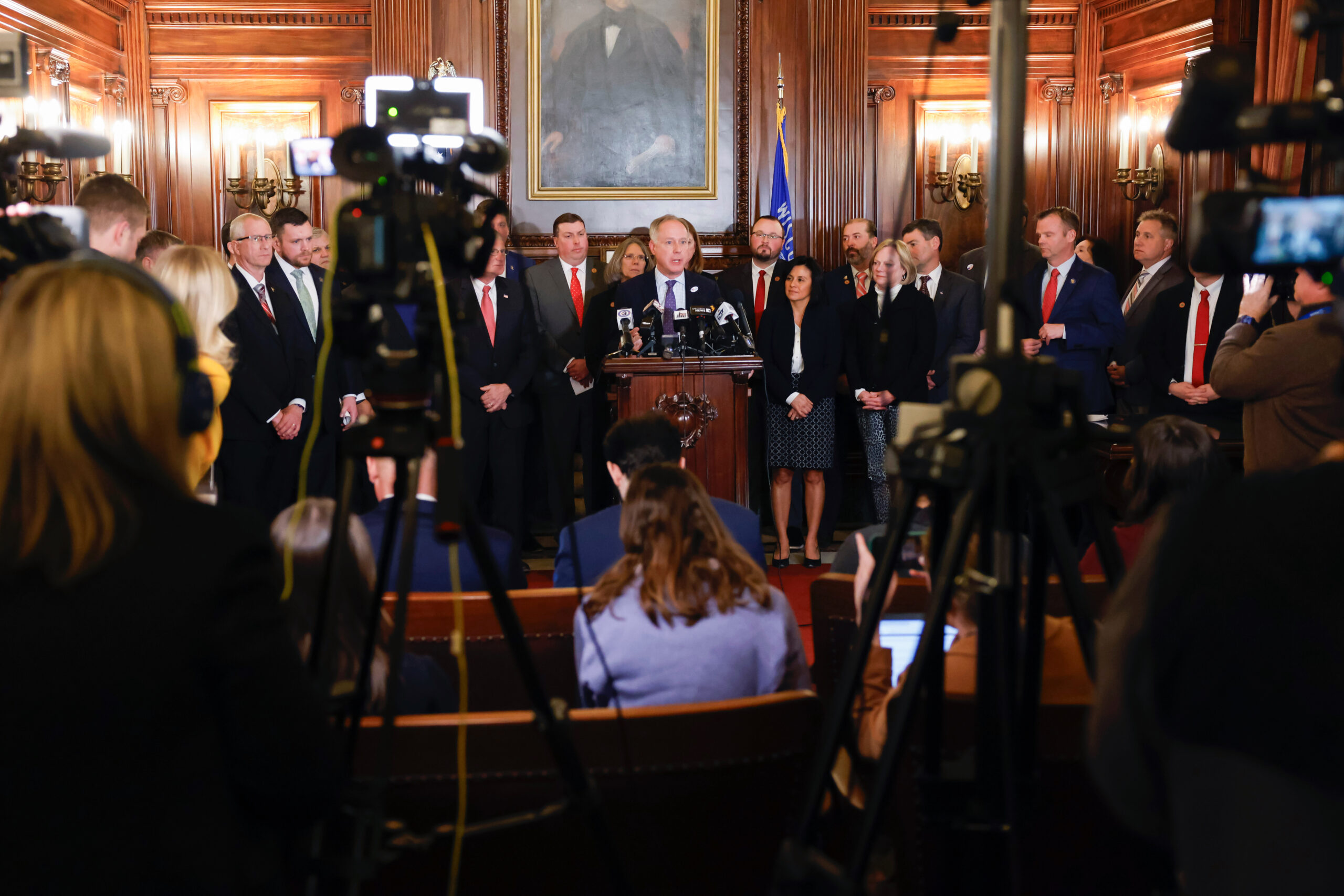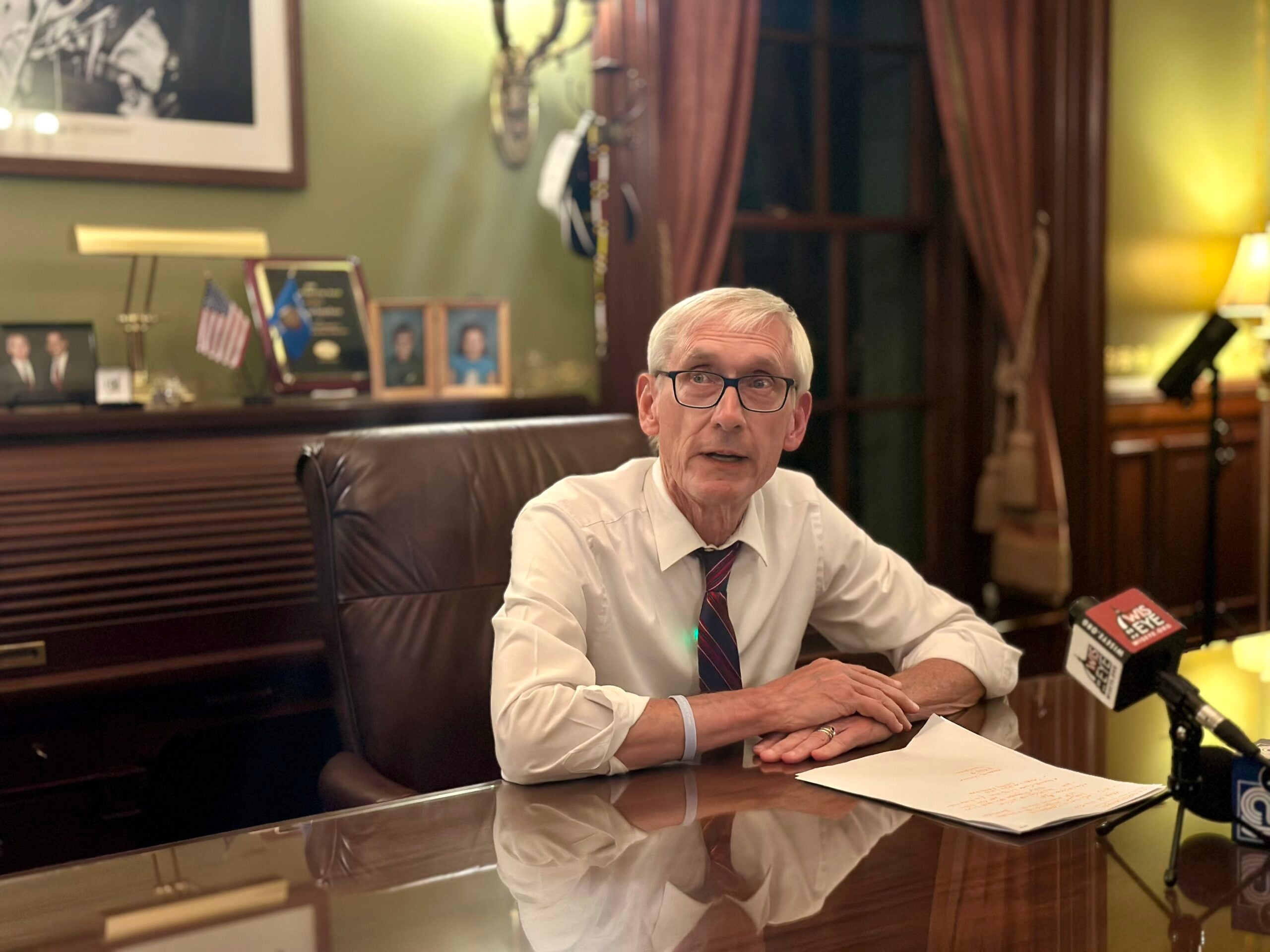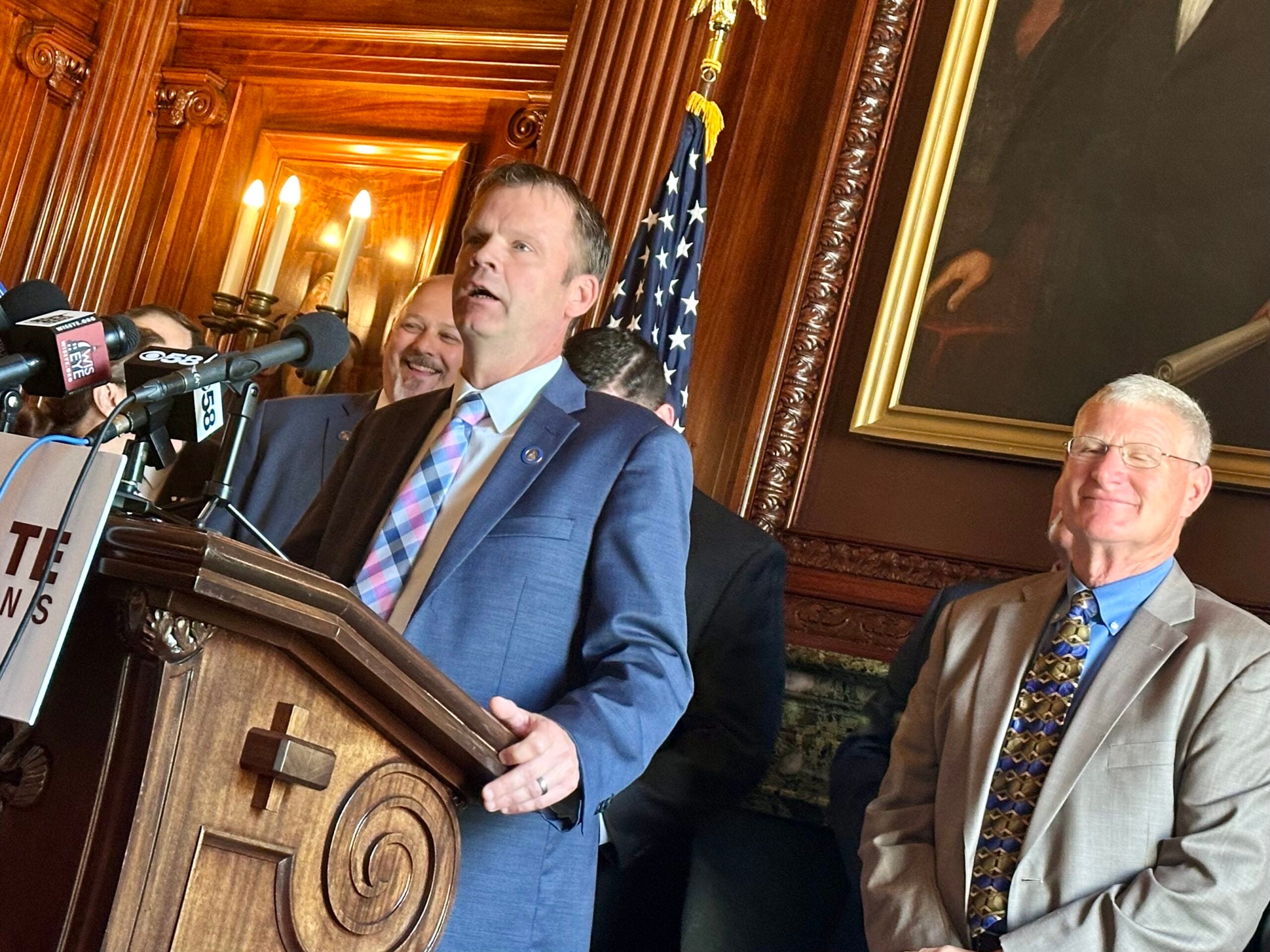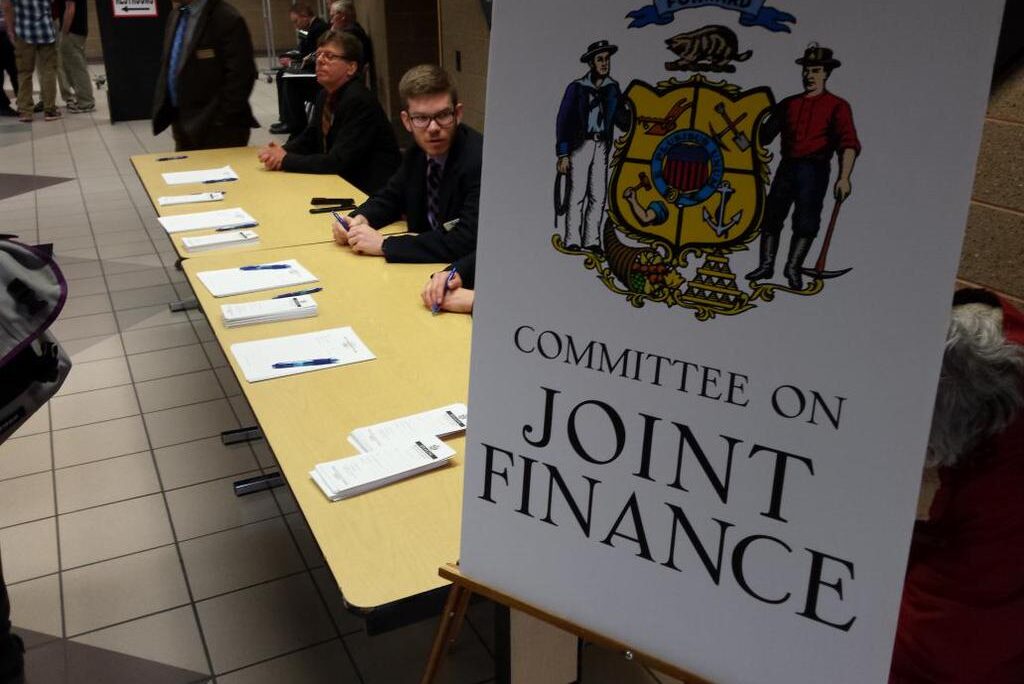The deadline to pass a new Wisconsin budget came and went over the weekend without any serious consequences for state government, but a mixture of practical and political pressure could build on lawmakers the longer they wait to act.
Neenah Mayor Dean Kaufert saw it firsthand during his more than two decades as a Republican state representative. Kaufert served 10 years on the Legislature’s powerful budget committee, co-chairing the panel twice.
“The impact to the citizens of the state is negligible because we continue to carry on under the previous budget,” Kaufert said. “But there is that psychological (impact) and people feeling that legislators just need to get their job done.”
News with a little more humanity
WPR’s “Wisconsin Today” newsletter keeps you connected to the state you love without feeling overwhelmed. No paywall. No agenda. No corporate filter.
Because the old budget carries over in Wisconsin until a new one is passed, there’s no government shutdown whenthe new fiscal year hits on July 1. Until recently, it was fairly common for budget debates to drag on into the summer, especially when the Legislature and governor’s office were under split-party control.
But with Republicans in charge of all the levers of state government, Kaufert said there’s an expectation that lawmakers will be able to work out their differences, which puts pressure on Assembly Speaker Robin Vos and Senate Majority Leader Scott Fitzgerald.
“I have a lot of respect for both of them,” Kaufert said of Vos and Fitzgerald. “They can sugarcoat it by saying nothing’s impacted, and that’s ok. But I know they’re smarting a little bit because they weren’t able to deliver a budget on time.”
Schools and Roads
At some point, the lack of a new budget does trigger real-world consequences in the state.
Wisconsin Taxpayers Alliance President Todd Berry said that’s especially true when it comes to the state’s budget for local school districts.
“In order to do their property tax calculations, they obviously have to know all their sources of revenue, and for many districts, the leading source of revenue is state aid,” Berry said. “I’d say that, more than anything, is what begins to cause discomfort as we approach a new school year and get into a new school year.”
The last time Wisconsin had a lengthy budget impasse in 2007, it was the pressure to resolve public school funding that eventually pushed Democrats and Republicans to the bargaining table. They passed a budget on October 23.
This year, Assembly Republicans, Senate Republicans and Gov. Scott Walker are arguing over relatively minor differences when it comes to school funding, but they’re far apart when it comes to Wisconsin’s transportation budget.
Walker’s budget called for $500 million in new borrowing to continue several major highway projects, like the widening of I-39/90 from Madison to the Illinois state border.
Senate Republicans want to borrow an additional $350 million, and like Walker, many of them are opposed to raising taxes or fees to pay for roads.
Assembly Republicans have said they won’t approve any new borrowing without a long-term tax or fee increase to pay off the state’s growing road debt, which puts them at odds with Walker and the Senate.
Berry said that without a new budget, there won’t be enough new money to keep road projects on schedule.
“At some point, you have to live within your means,” Berry said. “You can’t do more borrowing and there aren’t new sources of revenue, so I presume you just have to start planning to either slow or stop projects.”
Rounding Up Votes
In theory, Republicans should have no trouble rounding up votes for a budget. After all, they hold a 64-35 seat majority in the Assembly and a 20-13 majority in the Senate, their largest margins in decades.
But Kaufert, the former lawmaker, said the Legislature doesn’t always work that way.
“When you get too big a majority, that makes your job tougher because some people believe they can do their own thing,” Kaufert said. “To get everyone on board with the same thing can be more difficult.”
That could be happening in the state Senate this year, where a group of five Republican senators effectively killed a proposed fee on heavy trucks that other Republicans had hoped could resolve the state budget impasse.
Kaufert said there’s another, more practical concern when it comes to getting votes for a budget. As summer drags on, it can be tough to get all lawmakers in the room at the same time.
“By the middle of July, they’re going to start losing people,” Kaufert said. “People are going to be going on family vacations, they’re going to be traveling because they would normally have been off this month of July.”
Some lawmakers have suggested that splitting the budget into two bills — one for general fund expenses like schools and the other for transportation — could help resolve this year’s dispute.
The last time that happened was 1995, when it took lawmakers until November to pass a new transportation budget.
“It’s the worst thing that you could ever do is splitting it out,” said Kaufert, who was a rank-and-file member of the Assembly at the time. “That just could be a potential nightmare.”
Kaufert saw a lot of budget debates go long when he was in the Legislature, although the Joint Finance Committee finished its work by early June during the two years when he was its co-chair.
Kaufert said he enjoyed it, but he doesn’t miss it: “I’m glad I’m sitting here in my office in Neenah, Wisconsin running the city rather than being down there.”
Wisconsin Public Radio, © Copyright 2025, Board of Regents of the University of Wisconsin System and Wisconsin Educational Communications Board.

